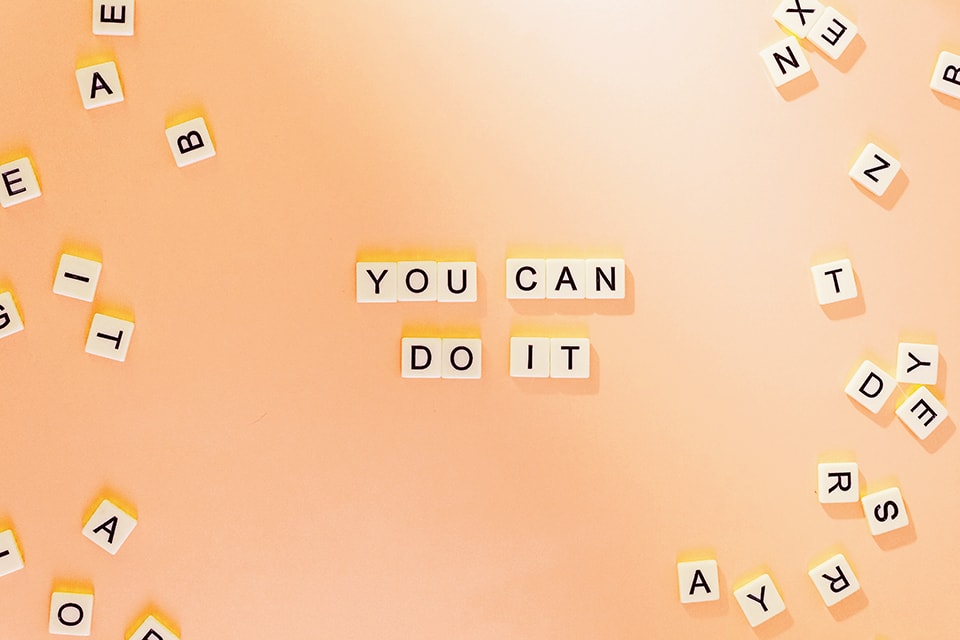Ever since the U.S. declared the coronavirus pandemic a national emergency on March 13, we content marketers have been trying to make sense of this new normal.
Even people like me who already run a remote business now face a whole new cocktail of emotions, stressors, and responsibilities. It’s a stressful time, and I’m saying that as someone who deals with mental health every day and co-hosts a podcast about freelance mental wellness!
Now more than ever, it has become incredibly important for us to acknowledge our own mental health needs as professional and personal spaces blur, and prioritize authentic connections with team members and clients.
I checked in with a few fellow content marketers who have made the switch from in-house to remote to see how they’re managing stress in isolation, as well as a psychotherapist.
Set Realistic Expectations for Yourself
Lis Martin, Principal and Content Director of Statement Communications in Forest Park, Illinois., runs the creative agency with her business partner, Jen Depakakibo. They and their team of six in-house employees had to make the work-from-home shift after a coronavirus scare in the coworking space their office was based in.
“They closed our office as a precaution for a deep clean, and then school closures were announced while the office was closed,” said Lis. “We’re fully remote now since many of our team members now have children at home.”
Things have been busier than ever at Statement Communications as Lis, Jen, and their team handle COVID-19 crisis communications on top of regular client projects. They’ve been managing the transition by moving weekly status meetings to Zoom and keeping in touch via Slack.
As a former freelancer, Lis has adapted pretty well to the change, but being at home with her husband and two kids (7 and 5) presents some new complications. “My mom has been with us this week to manage our kids, which has been so helpful. Things will look a lot different once she leaves!”
According to psychotherapist Haley Neidich, LCSW, who practices online at Your Therapist, many business owners and remote workers have to wrestle with the potential mental health implications of increased isolation and responsibility.
“Isolation can trigger symptoms of anxiety, depression and insomnia, even in individuals who have not had a previous mental health condition,” Haley said. “People who are trying to manage social distancing while working from home and caring for family need to set realistic expectations.”
Stay Connected with Your Team
Robin Emiliani, partner at Denver-based full-service marketing agency, Catalyst Marketing, also made the transition to operating remotely after the schools were closed and the city’s shelter-in-place order went into effect.
While she and her team are grateful they’re still busy and able to handle remote work, it’s been a difficult shift, Robin says. “We’re all missing each other. We’re a very social group and we’re all missing that. Having that human connection in person is very unique.”
Robin is managing stress from the isolation by working to keep everyone upbeat and together by encouraging interaction. She finds messaging platforms way more personable than email and says their new Slack channel is full of “watercooler talk.” They’ve upped their single weekly status video call to two shorter ones to maintain more of a connection and have even begun implementing more video calls with clients as well.
Establish New Routines
Whether you’re new to working from home, or you’ve been doing it for years like me, settling into a new normal is still a strange process. Now, with added pressure of managing the stress of isolation, family time, homeschooling, we’ve got even more to juggle.
Robin asks the question on every professional’s mind. “How do I balance that? Before, we had regular jobs (from 8 to 6). Now how are we working?”
Haley says that it comes down to consistency and boundaries. “Creating a daily routine that you stick to, having regular contact with loved ones via video chat, and setting limits around news consumption are the key.” She also recommends regular exercise, which can help counteract the negative mental health effects of isolation.
Back in Oak Park, Lis is trying to establish a daily routine for her kids, and herself. “I’m also trying to give myself grace and take breaks when I need it – working from home comes with the danger of letting all your hours become work hours,” Lis said.
“Yesterday we took a walk with the kids in the afternoon around the block to look for shamrocks people had put in their windows. It was a nice reminder that our community is still there and that we’ll be together again when this is all over.”






